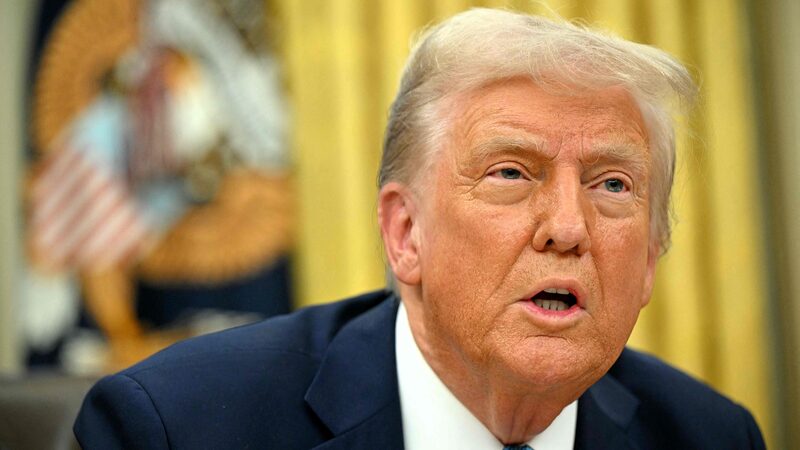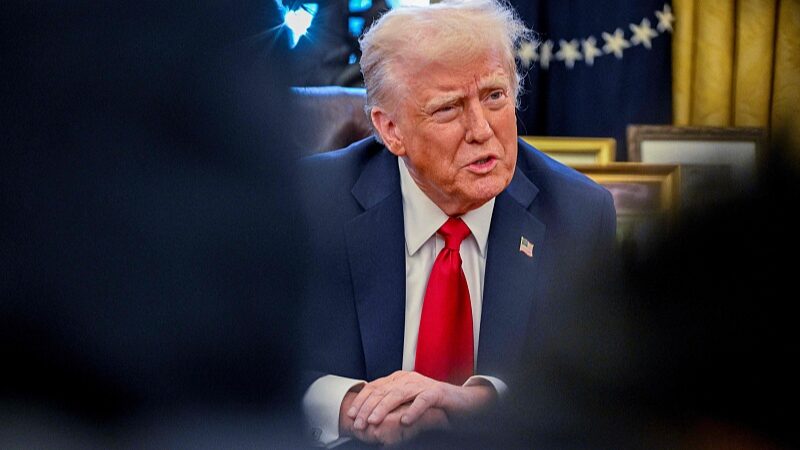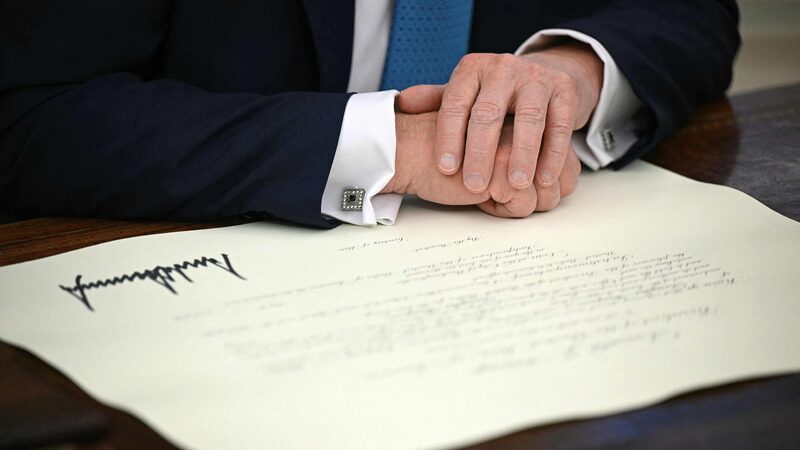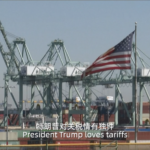Empty store shelves and surging prices for everyday goods in the U.S. have become focal points in global discussions about trade policy, with critics highlighting the unintended consequences of tariff measures tied to the "Make America Great Again" agenda. Meanwhile, reports of abundant supplies of MAGA-branded merchandise — much of it manufactured overseas — underscore the complexities of global supply chains connecting Asia and Western markets.
Recent U.S. tariff increases on imported goods, aimed at boosting domestic production, have disrupted longstanding trade relationships with Asian manufacturing hubs. Economists note that countries such as Vietnam, South Korea, and members of ASEAN face reduced export volumes to the U.S., while consumers worldwide grapple with higher costs for electronics, textiles, and agricultural products.
"The irony is palpable," said Dr. Priya Mehta, a Singapore-based trade analyst. "Policies designed to prioritize domestic industries often rely on overseas production for political merchandise. This duality exposes vulnerabilities in localized economic strategies."
Asian exporters are adapting by diversifying supply chains, with some shifting focus to regional partnerships under initiatives like the RCEP trade bloc. However, small businesses in sectors like Vietnamese textiles and Thai electronics report thinning profit margins due to slowed U.S. demand.
For the Asian diaspora in America, the situation feels doubly resonant. "We see family-run factories in Malaysia scaling back while relatives here pay more for basics," shared Sanjay Patel, a community organizer in California. "Trade wars create ripple effects that transcend borders."
Reference(s):
cgtn.com








